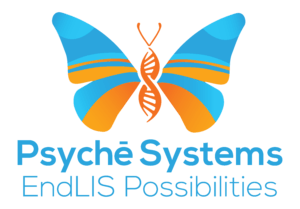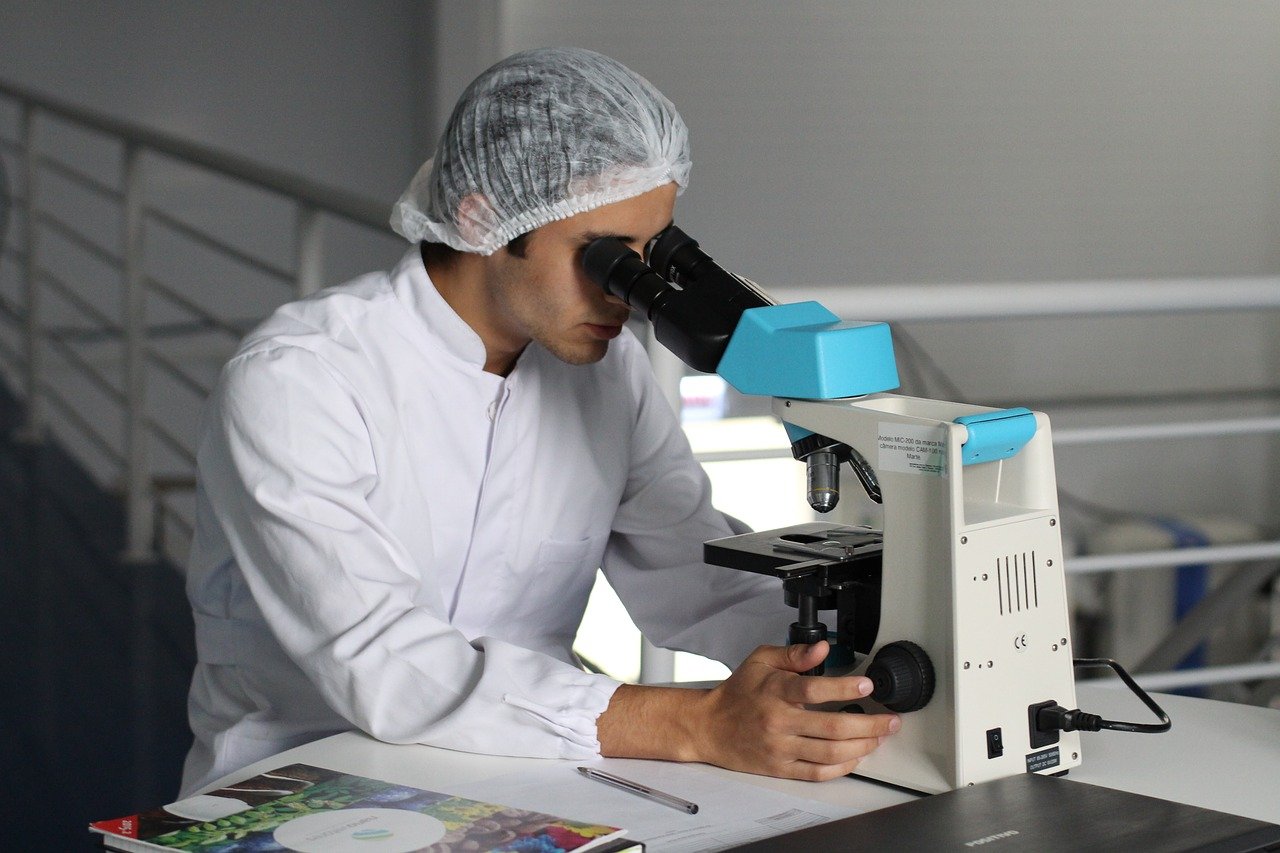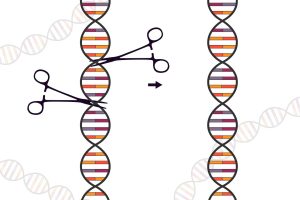Technology evolves slowly — until it doesn’t. The more advances we see, the less time we have to wait in between innovations. Molecular genetics software certainly works that way. While we used to wait years for molecular genetics advances, we now see exciting headlines virtually every week. For those who use molecular genetics software, these changes are particularly thrilling. So, what are some of the most exciting genetics innovations? Here are some of the things that have caught our attention at Psychē Systems.
Digital Technology Includes Molecular Genetics Software
Most laboratory instrumentation has gone digital these days, and that instrumentation gets more advanced with each year. As instrumentation gets more advanced, molecular genetics software does the same. At Psychē, for example, we provide regular updates so that our system aligns perfectly with our clients’ instrumentation.
It’s not just the instrumentation itself that has gotten more advanced, though. Today’s genetics software also has advanced organization options. Thanks to digital organization and tools like barcoding, lab techs can save a lot of time, money, and paper as they work. Furthermore, patients can get their results faster.
Speaking of which, molecular genetics software has sped up communication between laboratories and their clients. This efficiency often means more options and better decision-making for patients.
Older Technologies Get a Reboot
In some contexts, when technology goes digital, analog options fall by the wayside. That’s not true with molecular genetics. Instead of making older technologies obsolete, newer innovations have reinvigorated old ones, empowering them to take on more tasks. Consider multiplex PCR, for instance. This technology lets laboratories run multiple PCR assays at the same time instead of running one at a time. Digital technology didn’t destroy PCR testing altogether; it made PCR options better and faster.
The Rise of Consumer-Focused Genetic Testing
Up until very recently, only doctors ordered laboratory testing for their patients. Today, however, some genetic testing companies use a direct-to-consumer approach. These tests provide plenty of convenience for the consumer. People can order a genetic testing panel, have a kit delivered to their homes, and then submit a DNA sample back to the company that provided the kit.
Most of these tests help people learn more about their ancestry, but some of these kits offer other benefits. People can use these products as a springboard to learn about DNA differences. They can also learn more about their potential for certain genetic disorders.
The higher the demand for these direct-to-consumer products, the more laboratories will be needed to fulfill the demand for testing. Many laboratories that already use molecular genetics software have expanded their offerings to perform these tests.
Personalized Medicine from Molecular Genetics
Personalized medicine, or precision medicine, has seen a lot of advances thanks to the molecular genetics field. Due to these innovations, doctors can customize medicine based on a person’s risk for disease and likely responses to particular treatments.
Different genetic groups have different risks and reactions. However, the medical research field tends to study treatments based on those it deems “standard” — i.e., white men.
The field still has a long way to go, but we’ve seen a lot of progress over the past several years. Thanks to an increased focus on molecular genetics and its software, we now have more insights into diverse medical care options. Now, people have a better chance of finding treatments that will work for them, and they can find these treatments in less time.
CRISPR and Genetic Editing
Of course, we can’t talk about molecular genetics advances without mentioning CRISPR. It’s a huge topic in the molecular genetics field. This exciting, and controversial treatment effectively “edits” a person’s (or animal’s) genes. It’s been used to repair the DNA in people with genetic disorders, and it provides an option for those who have struggled to find treatments for their ailments.
While other forms of gene editing cost a lot of money, CRISPR is cheap. So cheap, in fact, that some people perform their own CRISPR experiments from their own garages, with no scientific oversight. That’s what makes CRISPR so controversial these days.
In spite of the controversy, though, CRISPR has a lot to offer in terms of disease treatment and prevention, and one day it may even eliminate certain genetic disorders entirely. At the very least, those who use molecular genetics software should keep an eye on the latest CRISPR news. This technology could have a big impact on what molecular genetics laboratories can offer their clients.
Does Your Molecular Genetics Software Keep Up?
Back when genetics breakthroughs were fewer and farther between, laboratories found it easier to keep up with those breakthroughs and incorporate them into their work. These days, keeping up is more of a challenge. Having the right molecular genetics software can make a difference.
Today’s genetics software needs more flexibility than ever before. It should leave room for laboratories to customize their workflows as they see fit. It should also provide updates quickly and seamlessly so that laboratories can keep up with the latest needs and demands.
For a molecular genetics laboratory, slow and outdated software can take a toll. The most effective labs are the labs with the best, most flexible, and most efficient software solutions.
Molecular Genetics and Psyche Systems
The Psychē Systems team stays on top of the latest molecular genetics news. That’s because we want to make sure that our software meets all of our clients’ needs. We keep the latest news and innovations in mind when we create software updates.
Our molecular genetics software is designed to accommodate all molecular genetics disciplines, and it leaves plenty of flexibility so that you can tailor your software to your laboratory’s workflows.
Build Your LIS
You can also customize your molecular genetics software with Psychē. Just visit the “Build Your LIS” page to get started. Select your laboratory’s disciplines, your preferred communication and reporting methods, your instrumentation, and answer a few other questions. We’ll suggest the laboratory software and customizations that will work best for your laboratory. With Psychē, customizing your LIS is simple.


